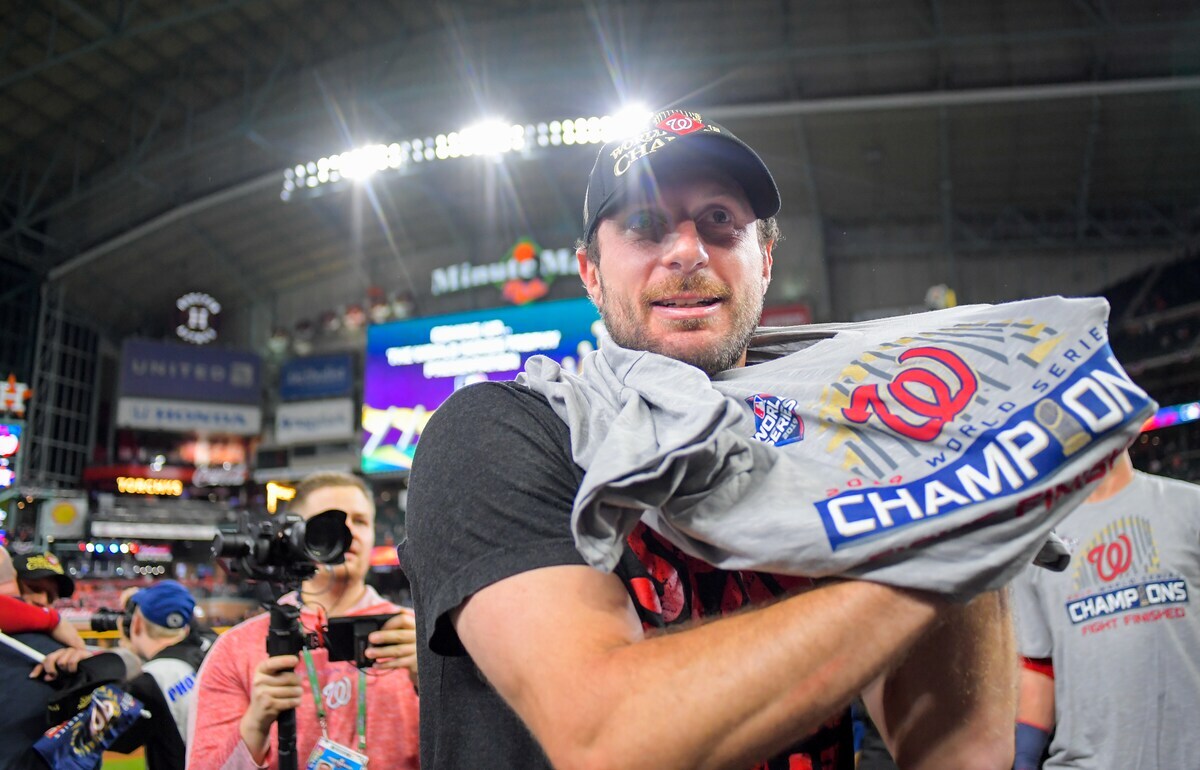In baseball, sign-stealing is a long-standing part of the game, where catchers signal to pitchers the type of pitch to throw. Typically, this is done with hand signals held between the legs, a straightforward method. However, this traditional approach was surpassed by the Houston Astros in 2016 when they developed a more sophisticated system. Derek Vigoa, an intern for the Astros, introduced an algorithm-based application called “Codebreaker.” This application decoded opposing teams’ pitching signals and matched them to the pitches actually thrown. The method was presented to Astros’ general manager Jeff Luhnow, who recognized its potential for improving its competitive advantage.
Codebreaker worked by logging the catcher’s signals and the actual pitches thrown, using a live feed of the game. The software then cross-referenced the signals with pitch outcomes to determine the corresponding pitches. This decoded information was sent to a baserunner, who would then relay the upcoming pitch to the batter. While MLB rules allowed runners on second base to try to decode signs, they strictly prohibited the use of electronic methods for doing so. By using Codebreaker, the Astros were clearly violating these rules.
The sign-stealing scheme evolved further in 2017. Instead of relying solely on Codebreaker, players began watching the live game feed on monitors located near the dugout. They would then bang on a trash can to signal to the batter what pitch was coming next. This “banging scheme” proved effective and lasted through the 2017 World Series, where the Astros triumphed over the Los Angeles Dodgers. Despite the effectiveness of this method, the practice wasn’t unique to the Astros. Late in the 2017 season, MLB caught the Boston Red Sox using technology to steal signs, specifically relaying signals from their video room to an Apple watch worn by a trainer in the dugout. MLB responded by fining the Red Sox and warning all teams about the use of technology for sign-stealing.

Despite the MLB warning, the Astros continued using their electronic system throughout the 2018 season, both at home and on the road. The team’s ongoing cheating caused increasing suspicion from rival teams, who began changing their signs more frequently during games to thwart the Astros’ efforts. One executive from an opposing team remarked that the entire baseball industry knew the Astros had been cheating for several years. While complaints to MLB about the Astros’ behavior were common, they went largely unaddressed. Some believe that the cheating persisted into the 2019 season, although evidence to confirm this is inconclusive.
The significance of the Astros’ sign-stealing went beyond just the act of decoding signals. The knowledge of an upcoming pitch can provide a substantial advantage to a batter, making it far easier to hit even the most difficult pitches. As pitching coach Paul Menhart of the Washington Nationals explained, knowing that a hitter is aware of the upcoming pitch creates an unnerving psychological pressure on the pitcher. This loss of confidence often leads to mistakes, making it more difficult for the pitcher to succeed, even when the batter’s skill level is lower.
The Astros’ cheating scheme involved numerous players and staff members, including manager AJ Hinch, bench coach Alex Cora, and veteran player Carlos Beltran, who was instrumental in leading the charge. However, Astros owner Jim Crane appeared to be unaware of the system being implemented under his watch. The scandal came to light in November 2019 when former Astros pitcher Mike Fiers publicly revealed the cheating in an interview with The Athletic. This sparked an MLB investigation, which granted immunity to players who came forward. The resulting report confirmed that most players knew about the scheme and participated in it. It also found that both Hinch and general manager Luhnow were aware of the cheating, though Luhnow was seen as someone who could have stopped it but did not.

As a result of the scandal, MLB imposed severe penalties on the Astros. Both Hinch and Luhnow were suspended for one year and subsequently fired by Astros owner Jim Crane. The team was fined $5 million, and the Astros lost their first- and second-round draft picks for both the 2020 and 2021 seasons. Additionally, Cora and Beltran lost their managerial jobs with other teams due to their involvement in the scandal. The fallout from the scandal was extensive, and many within the baseball community expressed anger over the damage to the integrity of the game. As former major-league player Doug Glanville put it, the scandal forced fans to question not just the present but also the past and future validity of the sport.
The Astros’ actions led to deep discussions about the culture within the organization. Former Astros player J.D. Davis explained that as a rookie, he had never been part of a major league clubhouse before and was star-struck by the veteran players. He wondered if what the Astros were doing was the norm in baseball, suggesting that conformity bias might have played a role in his acceptance of the cheating. Had Davis been a more experienced player, he might have been better positioned to resist the peer pressure and speak out against the unethical behavior. This situation demonstrates how group dynamics and the desire to fit in can influence individuals to go along with actions they might otherwise reject.
The Astros’ cheating scheme also highlights the “code of silence” that exists in many organizations, including professional sports. While some players, like Fiers, were praised for exposing the truth, others criticized him for breaking the unwritten rules of the clubhouse. This code of silence, in which players protect each other’s secrets, played a significant role in allowing the cheating to continue undetected for so long. The reluctance of others to speak out, even if they were uncomfortable with the scheme, reflects how conformity bias can lead to ethical blindness, where individuals go along with something they know is wrong because they feel pressured to conform to group norms.
The problem with the clubhouse code and the conformity bias it represents is not unique to baseball. It is found in other organizations and professions as well, where a sense of loyalty or fear of reprisal prevents people from speaking up against wrongdoing. Breaking this code is challenging, but it is essential for ensuring accountability and fostering an ethical environment. MLB and other organizations must work to create a culture where ethical behavior is promoted, and individuals feel empowered to report misconduct without fear of retaliation. Only by confronting these biases and changing the organizational culture can we ensure that integrity is restored and maintained in sports and beyond.







